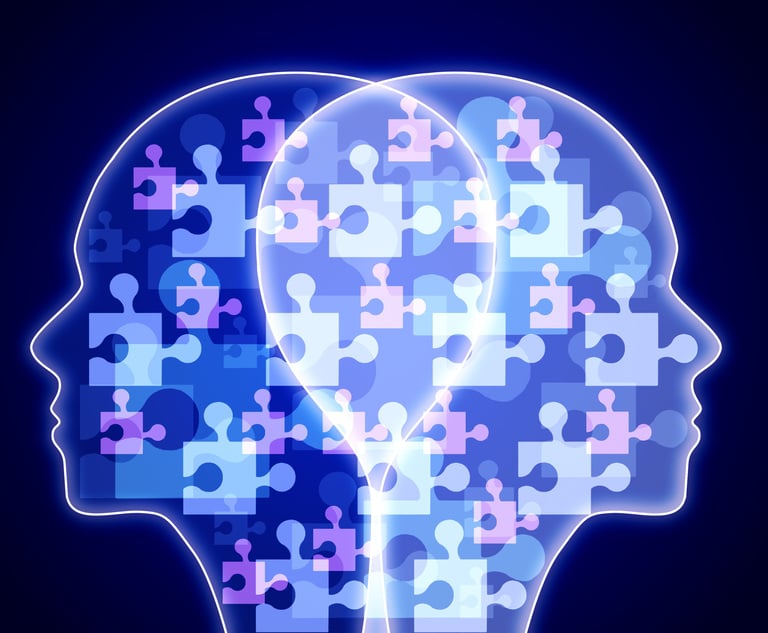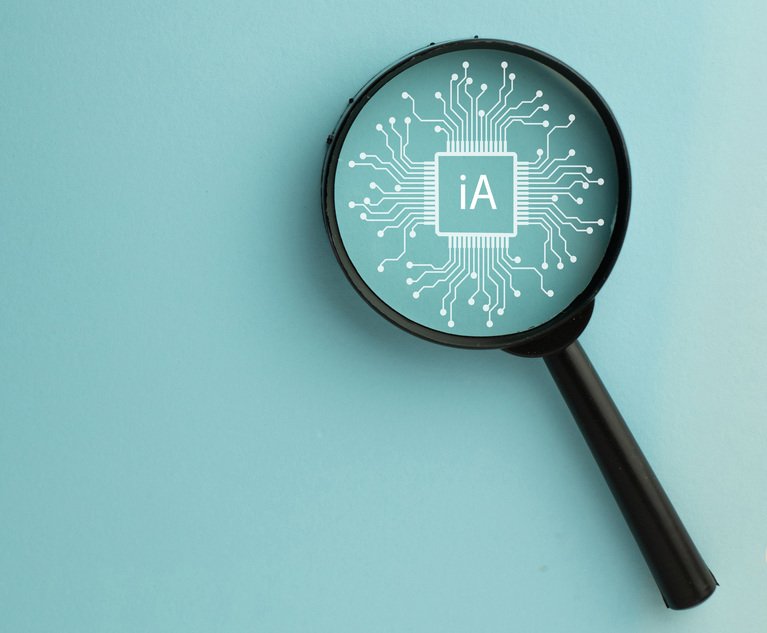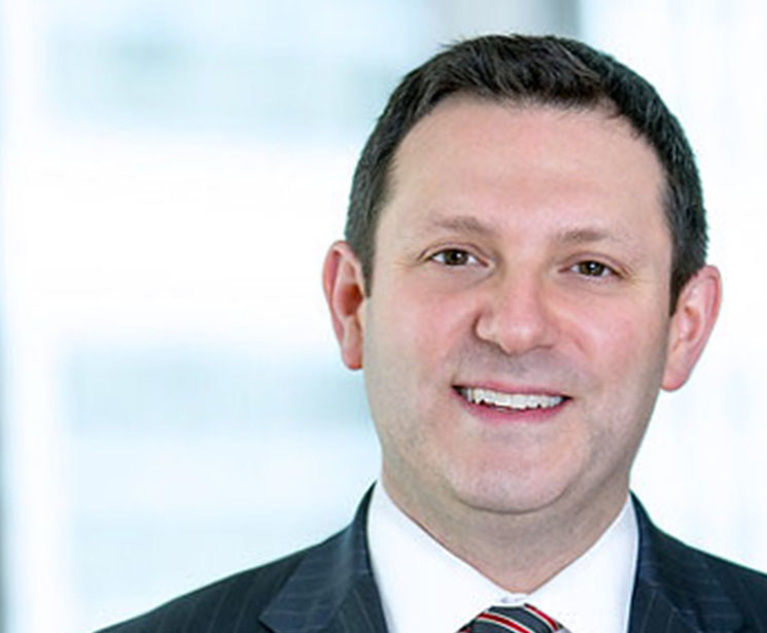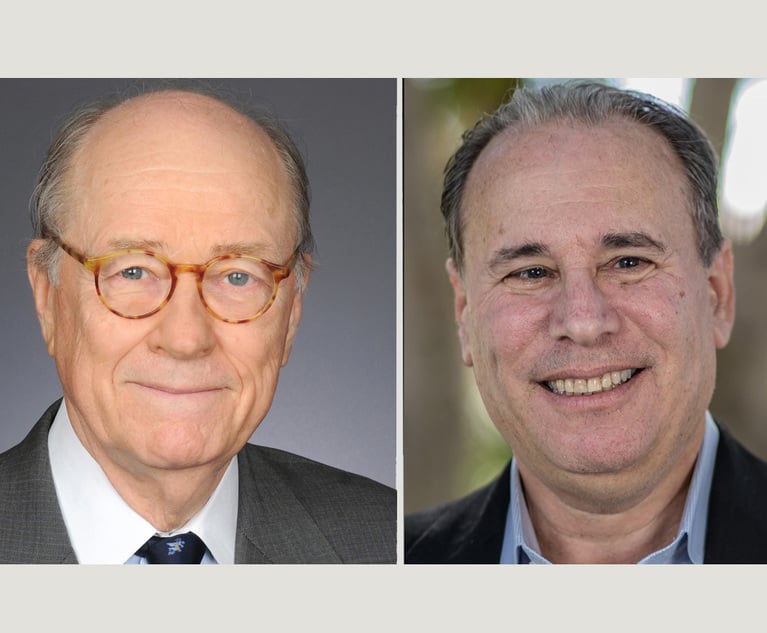Recently, a track called “Heart on My Sleeve” by an unknown TikTok user named Ghostwriter (or “@ghostwriter977”) appeared out of nowhere and went viral across various social media platforms, reaching tens of millions of users before being taken down. The track sounds (according music critics and fans) convincingly like a collaboration between the artists Drake and The Weekend, which one would expect to be a major event. But it’s not. It was created by Ghostwriter, using AI-generated vocals trained to sound like those artists. The entre track is a fake: a product of the explosion of new tools based on generative AI.
Over the past few months those AI voice tools have been more widely released, and they work. It is trivial to use them to create a track that sounds, to the casual listener, like it was recorded by the famous artist of your choosing, and the micro-genre of AI-generated “covers” of existing songs by anomalous artists (or other public figures, like President Biden) has exploded on TikTok. So what legal recourse, if any, do these artists have?
This content has been archived. It is available through our partners, LexisNexis® and Bloomberg Law.
To view this content, please continue to their sites.
Not a Lexis Subscriber?
Subscribe Now
Not a Bloomberg Law Subscriber?
Subscribe Now
LexisNexis® and Bloomberg Law are third party online distributors of the broad collection of current and archived versions of ALM's legal news publications. LexisNexis® and Bloomberg Law customers are able to access and use ALM's content, including content from the National Law Journal, The American Lawyer, Legaltech News, The New York Law Journal, and Corporate Counsel, as well as other sources of legal information.
For questions call 1-877-256-2472 or contact us at [email protected]


 Credit: Who is Danny/Adobe Stock
Credit: Who is Danny/Adobe Stock




